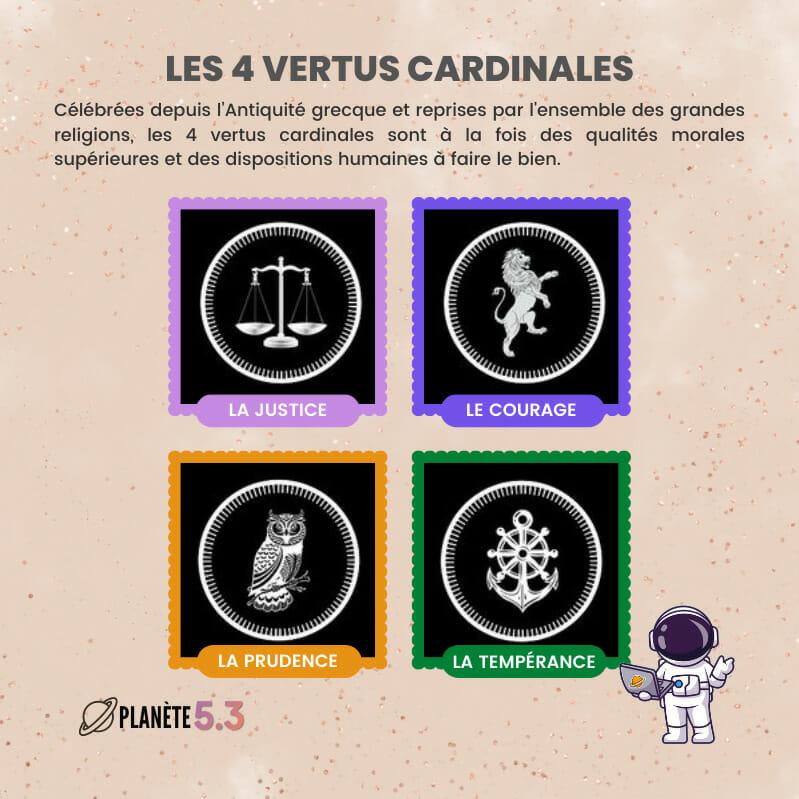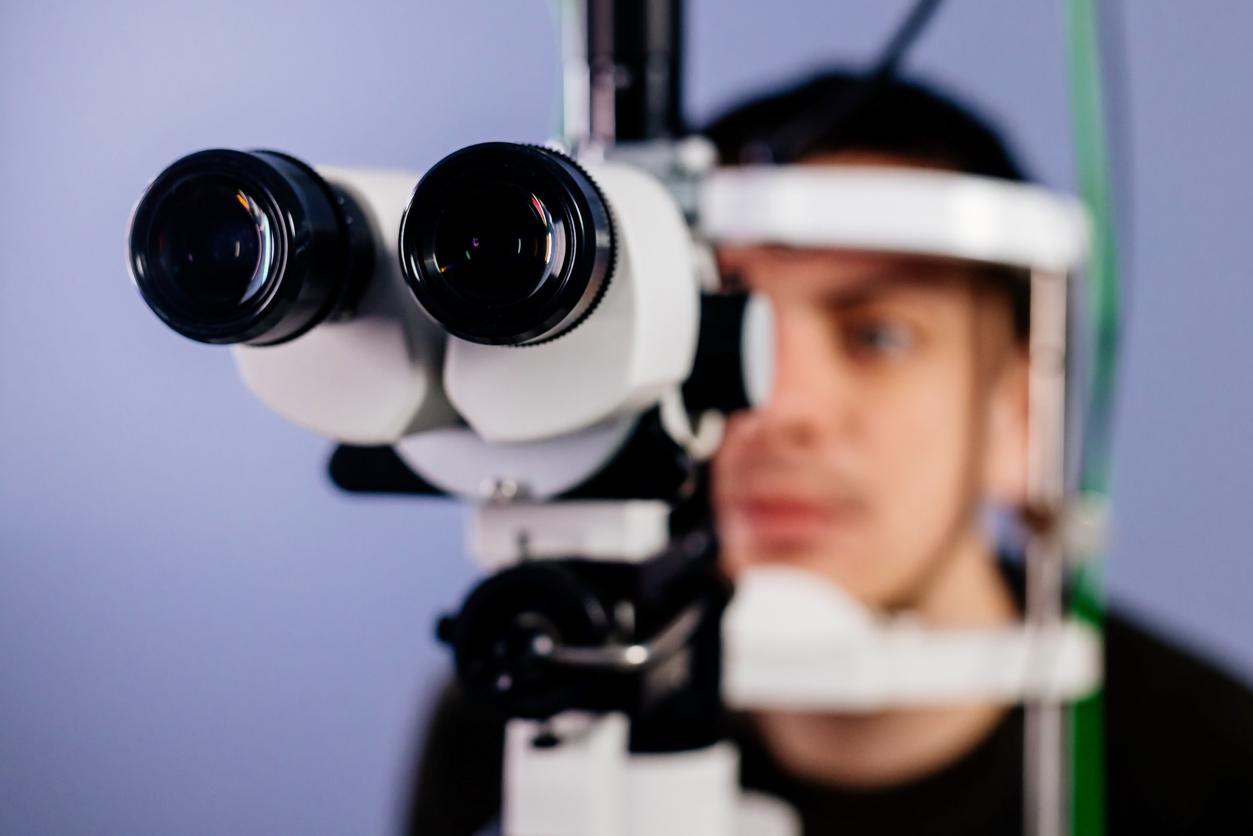drink rain water, good or bad idea for our health? If, in the face of drought, certain municipalities see it as a solution for gaining access to water, it is in fact unfit for human consumption and must not be ingested, even in the most isolated regions of the world.
In France, drinking water is prohibited. “It is strictly forbidden to recover the water from then to consume it, because it is contaminated”indicates the site public service. “You should therefore not drink it, nor use it for cooking or washing dishes..” The health authorities even consider that rainwater can present a chemical contamination due to runoff from rooftops, or bacterial when stored (stagnant) in a tank.
According to one study from the University of Stockholm and the Federal Polytechnic School of Zürich published in the journal Environmental Science and Technology on August 2, rainwater was contaminated with PFAS, endocrine disruptors nicknamed “eternal chemicals“. Found in many everyday products – food packaging, household products, cosmetics – these substances have spread into waters and soils around the world. The result? Rainwater is simply no longer drinkable. “It’s raining PFAS“, writes the study.
We suggest that we’re outside the safe operating space of a new planetary boundary for #PFAS in a new perspective in @EnvSciTechhttps://t.co/HEGwjQdqSr
—Ian Cousins (@IanTCousins) August 2, 2022
“Over the past twenty years, guideline values for PFAS in drinking water, surface water and soil have decreased significantly, due to new knowledge about their toxicity. As a result, levels of PFAS in environmental media are now everywhere above guideline values.“, laments Ian Cousins, lead author of the study.Even in Antarctica or on the Tibetan Plateau, levels in rainwater are above proposed guidelines from the U.S. Environmental Protection Agency.”he continues.
The consequences of ingesting PFAS can be numerous and serious, particularly on health: cancers, infertility, risks for pregnancy and for the child to come, including learning or behavioral disorders.
What can rainwater be used for?
According to a decree that came into force in 2008, rainwater can be used outside the home, in particular to water the garden. Inside it is possible to wash the floor or supply the flushes with.
Rainwater can also be used to wash clothes, but only if you have a suitable water treatment device. Nevertheless, in 2017, thehandles advised against using rainwater for the laundry of the most vulnerable people and populations.
Sources:
- Outside the Safe Operating Space of a New Planetary Boundary for Per- and Polyfluoroalkyl Substances (PFAS), Environmental Science and TechnologyAugust 2, 2022

















